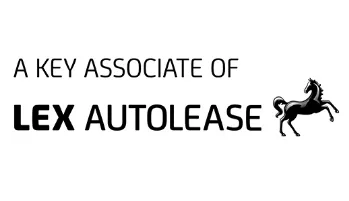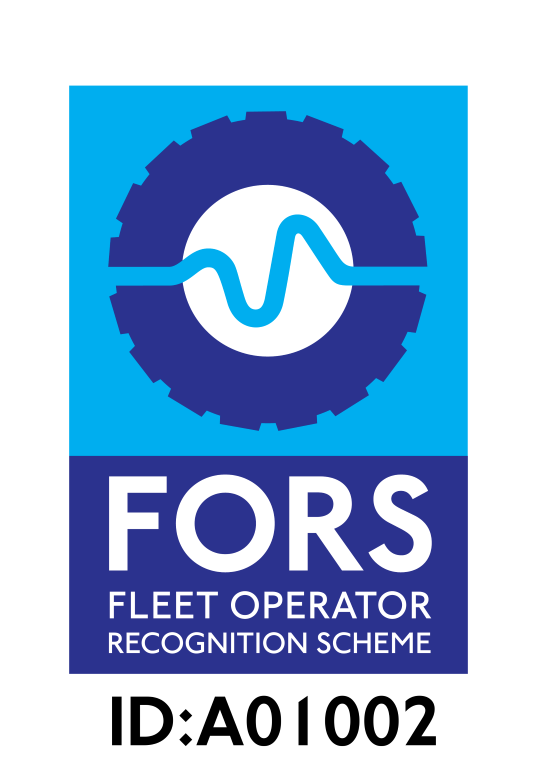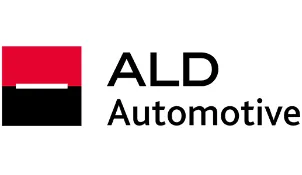Unlocking Efficiency: Leasing for Fleets and Optimizing Vehicle Management for Companies
In the fast-paced landscape of contemporary business, the management of corporate fleets stands as a pivotal element for companies reliant on transportation. Amidst evolving consumer demands, cost fluctuations, and technological advancements, the practice of leasing for fleets has emerged as a strategic solution for optimizing vehicle management.
The essence of leasing for fleets lies in the concept of renting vehicles for a specified duration, rather than outright ownership. This practice offers multifaceted advantages that resonate deeply with companies seeking to streamline their operations and enhance overall efficiency.
Financial Flexibility
Opting for a lease arrangement provides a considerable advantage in terms of financial flexibility. Rather than investing a substantial amount in purchasing a fleet outright, companies can channel their resources more efficiently. Leasing allows for better cash flow management by eliminating the need for a significant upfront investment. Additionally, it enables businesses to forecast and allocate funds more accurately, aligning expenses with revenue streams.
Up-to-Date Technological Integration
In the realm of technology, innovation is ceaseless. Leasing empowers companies to stay abreast of the latest advancements in vehicle technology without the burden of continually purchasing new vehicles. This ensures that fleets remain equipped with state-of-the-art features, enhancing both operational efficiency and safety standards.

Mitigating Depreciation Risks
Vehicles, as tangible assets, are subjected to depreciation over time. Leasing mitigates this risk by shifting the burden of depreciation onto the lessor, sparing companies from bearing the brunt of diminished asset values. Consequently, businesses can focus on their core operations without the concerns of asset depreciation affecting their balance sheets.
Customization and Scalability
Lease agreements can be tailored to suit the unique requirements of different businesses. Whether a company needs a flexible lease term, a specific number of vehicles, or diverse vehicle types, leasing offers customization options that cater to these needs. Moreover, scalability is inherent within leasing arrangements, enabling companies to adjust fleet sizes according to fluctuating demands.

Maintenance and Administrative Ease
Leasing often includes maintenance packages, alleviating the administrative burdens associated with managing vehicle repairs and servicing. Such packages streamline operations by providing a single point of contact for maintenance needs, ensuring fleets are well-maintained and minimizing downtime.

Environmental Responsibility
The environmental impact of fleet management is a growing concern. Leasing allows companies to upgrade to more fuel-efficient and eco-friendly vehicles as they become available, contributing positively to sustainability goals.
In conclusion, the practice of leasing for fleets offers a multitude of advantages for companies seeking to optimize their vehicle management strategies. It fosters financial flexibility, technological advancement, risk mitigation, customization, and administrative ease, all while aligning with sustainability objectives. As the business landscape continues to evolve, embracing leasing for fleets stands as a progressive step towards enhancing operational efficiency and maintaining a competitive edge in an ever-evolving market.
If your looking to grow your Fleet of Vehicles call us on 01702 410 470











